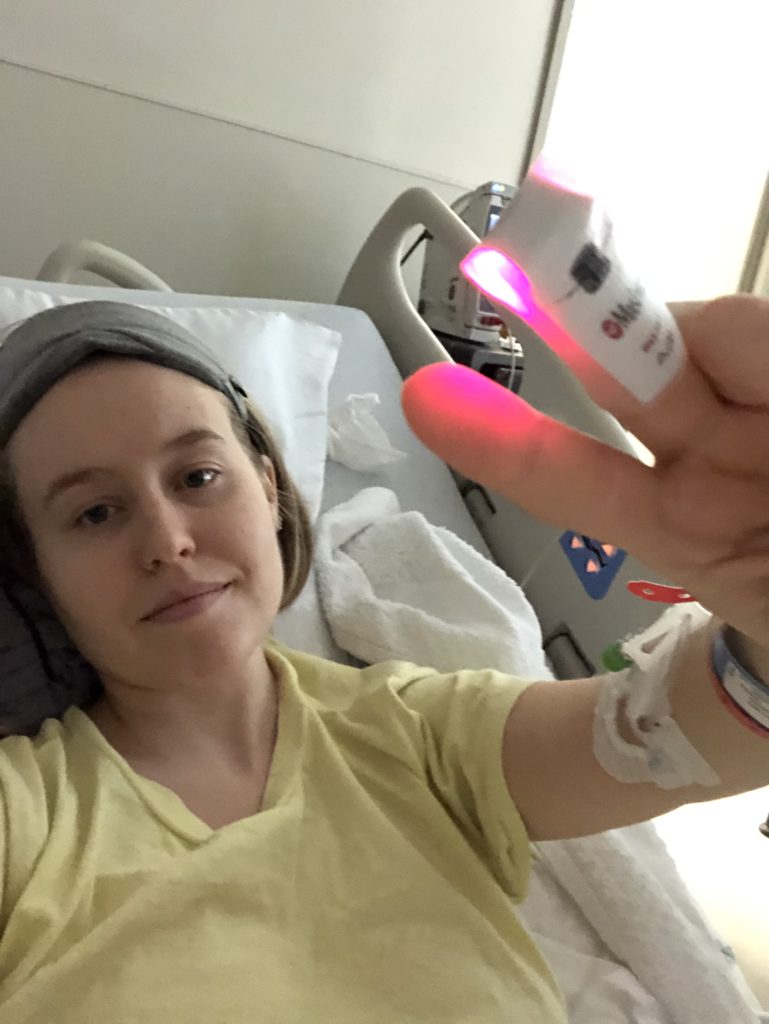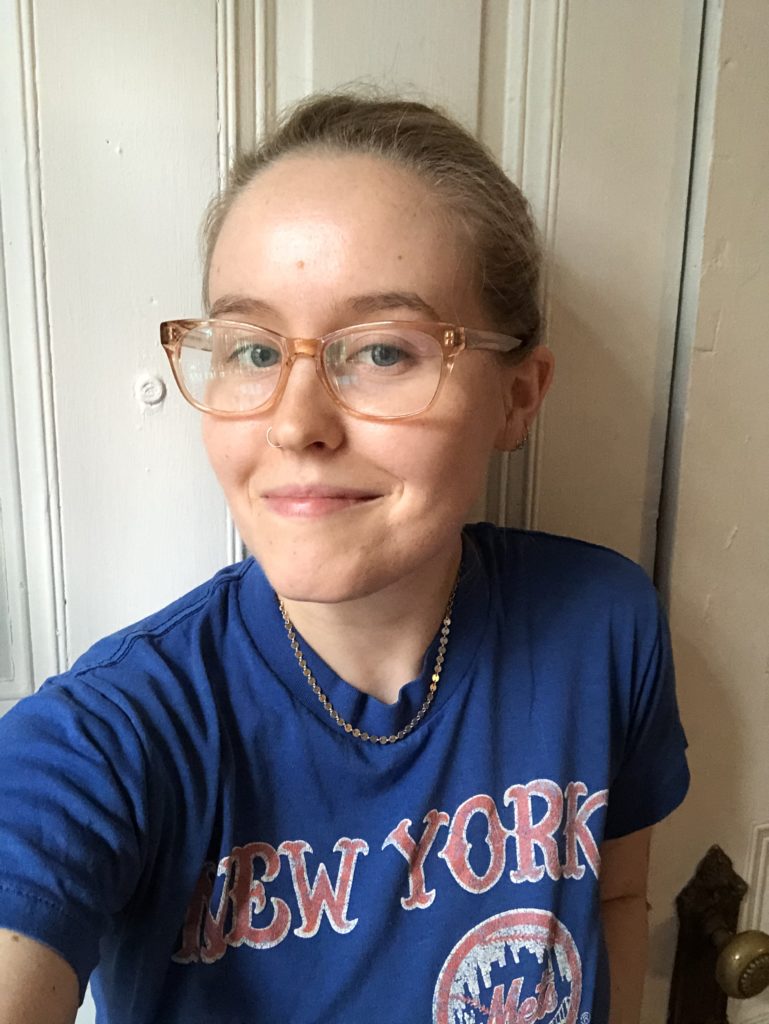On Cannabis and COVID-19 Recovery
On the night I first became sick with COVID-19, I was coming down off an edible. I am a freelancer who works multiple gig-economy jobs and often never sees a work-free weekend. I’d recently taken to clearing one day a month for total rest. It was on one of these days while reading, face masking, and cuddling with my partner that I began to exhibit symptoms of COVID-19.
We were lying on the couch watching a movie. The effects of the edible were wearing off I realized something was wrong. My head was pounding. My eyes were stinging and I suddenly had no desire to finish the slice of pizza in front of me. After a day of lazing around, feeling completely relaxed, I found myself longing for the opposite: alertness and total control.
Before COVID-19
Prior to contracting and being hospitalized for COVID-19 I was a regular cannabis user. For two years, I have abstained from alcohol, preferring weed, and CBD as ways to relax after a stressful day. My mind runs a mile a minute. I’m prone to anxiety and cannabis helps me flip the “off” switch. I occasionally use cannabis during the day, but mostly I rely on Indica strains to help me relax and sleep.

When I became really ill with COVID-19, I forgot all about weed. I was struggling with a fever and shortness of breath, and cannabis was deeply unappealing. As my recovery wore on, and I began to experience new symptoms like appetite loss, fatigue, and headaches. I started to wonder about the medicinal qualities an edible might offer.
Around this same time, I started a support group for others living with COVID-19. I noticed several group members discussing cannabis and COVID-19 recovery. People dealing with lingering symptoms were also suffering from lack of appetite, insomnia, anxiety, and aches. With very little known about this novel virus, some members of my group were looking to plant medicine for answers.
COVID-19 Survivor Stories
Stacey Hurwitz is a 46-year-old COVID-19 survivor living in Massachusetts. After dealing with symptoms for over fifty days, Hurwitz’s doctor suggested she try cannabis products to manage symptoms. Hurwitz was dealing with “shortness of breath and throat congestion” at night, which made it difficult to sleep. The edibles she got with her medical marijuana card seemed to help.
Hurwitz is one of several people I spoke with who are living with COVID-19 and using cannabis. Some, like Lauren, 32, another survivor in Massachusetts, were regular cannabis users before contracting the virus. For Lauren, cannabis has long been a helpful tool in combating insomnia. During coronavirus it became her main source of relief and support. Lauren credits sublingual Indica tinctures with helping her get much-needed sleep. “It’s been…instrumental in supporting my body’s own ability to heal,” Lauren said.
Cannabis has long been used for medicinal purposes both physical and mental. However, most COVID-19 patients that I spoke with shared that doctors were not open to discussing cannabis use. Hurwitz says her doctor suggested it only after weeks of telehealth appointments. “I believe she knew I was into alternative [and] natural methods of healing,” Hurwitz explained. Hurwitz’s experience is rare at a time when many people in the U.S. are struggling to receive medical care.

After COVID-19
I started to feel less sick. But I realized my recovery would take longer than I’d thought. Over time, I began to experiment with cannabis again. Before COVID-19, I used weed as a way to calm down but during recovery I craved something different. I often felt fatigued and hazy. I found myself gravitating toward Sativa-dominant products, enjoying the rush of energy and appetite they often provided. During my COVID-19 recovery cannabis became less about tuning out the world; it’s now a way to tune in.
A few weeks ago, I took one of my first walks outside. I was having a good day and I’d treated myself to a weed gummy. I’d begun to notice that it helped with my afternoon headaches. As I made my way through the empty tree-lined streets, I found I was less aware of little annoyances. I was no longer complaining about feeling a mask sticking to my face or the slow pace of my movements. I was able to surrender to my surroundings. Enjoying the cool spring breeze or the gentle chatter streaming out a neighbor’s window. I relished in the sound of my footsteps on freshly fallen flowers. I felt a wave of all-encompassing gratitude.
Fiona Lowenstein is a writer, producer, and wellness practitioner based in NYC. She is the founder of the queer feminist wellness collective, Body Politic.


 The Steady Supply
The Steady Supply

 Personalized Vibes
Personalized Vibes
